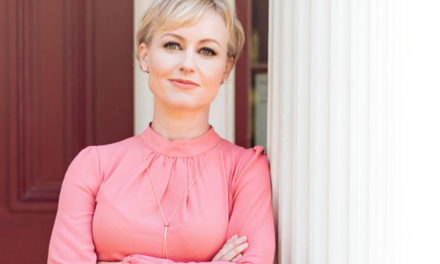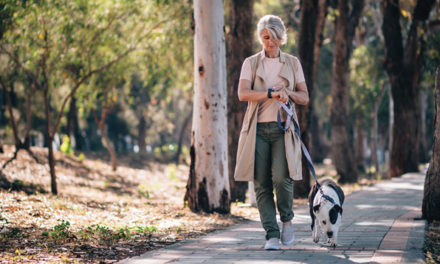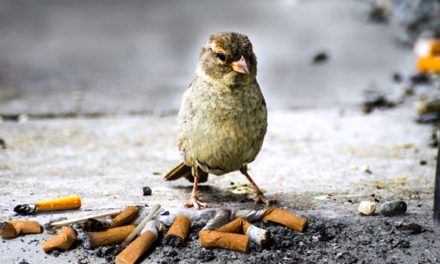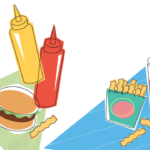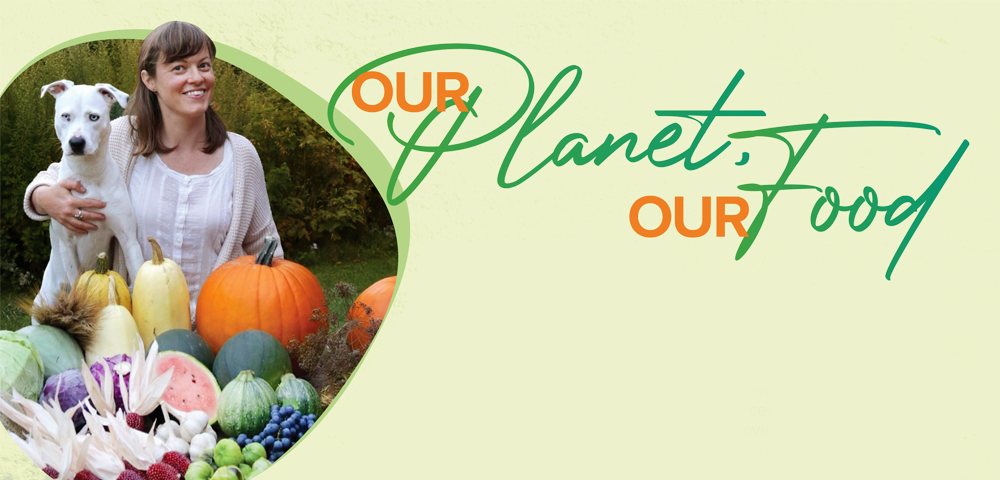
We all have the power to create change, but we must work together to target the true root of our problems.
For the past six years, I gardened in the rolling hills of rural New York. I never thought I’d end up there, but I moved for love.
During the pandemic, the garden became both my grocery store and my refuge, grounding me when the world felt like it had come undone. After a spring, summer, and fall of daily feasting, its abundance would spill over into winter. As morning frosts kissed the land, my pantry shelves filled up with jars of colourful, dry beans for soups, the freezer was crammed with strawberries, carrots hibernated under layers of straw, and a year’s worth of sauerkraut jars and garlic braids adorned my kitchen. That jungle of gift-giving plants brought joy and flavours that made me feel like the luckiest person in the world.
Recently, my life circumstances changed, and I had to say a tearful goodbye to my garden. Now that I spend more time in grocery stores, I’m shocked by the high prices of fruits and vegetables, excessive plastic packaging, and the long distances food travels. Eating well is a privilege many cannot afford.
Recently, I came upon a quote that struck me to my core: “If you think you love ‘freedom’ but you don’t care if it applies to everyone, what you actually love is privilege.” While we all grapple with the exorbitant prices of food, corporate profits are at record highs. From 2020 to 2021, food and agriculture billionaires made $400 billion, and inflation resulted in over 60 new food billionaires. Meanwhile, migrant workers – the invisible backbone of our food system – are underpaid, often working in unjust conditions. And while we pay higher prices so billionaires can line their pockets, corporations continue to pollute our soil, air, and water with microplastics, forever chemicals (PFAS), glyphosate, and heavy metals.
Food comes from the earth, so it goes without saying that a polluted earth leads to polluted food and polluted bodies. Scientists are now finding microplastics and PFAS in just about every organ of our bodies. Fighting for a better food system inevitably means fighting for a healthier planet.
As I search for a new piece of land to plant my roots and grow my food, I’m dreaming of the joy of sinking my teeth into a juicy strawberry still warm from the sun, of the smell of moist dark soil in the springtime, and the pride of sharing a meal that I grew in my own backyard. Knowing that access to land is a privilege that many do not have, I’m also trying to zoom out to see the bigger picture and I ask myself: how do we place people over profits and ensure that everyone has access to good, healthy food? It’s clear that we need to shift the power and profits away from corporations and back into the hands of people.
With collective advocacy actions, we can join forces with others to make sure our governments are properly regulating big corporations so that they don’t get a free pass to pollute our planet and our food, engage in price gouging, and avoid paying their fair share of taxes. The great Anthony Bourdain once said, “food is politics,” and as such, protecting our food system also requires political engagement, for people who can stomach it.
Our everyday individual actions can also create important changes, such as buying from local farmers and small businesses instead of big chain grocers. By doing so, we support our local economies, build community, and foster connections with the people who grow our food. By transforming our lawns into living landscapes, or joining a community garden, we can create our very own “grocery stores” right in our neighbourhoods, making our families and communities more food secure and even improving our mental health because of the increased connection to nature and the profound pleasure that growing and sharing food brings about.
We each have the power to bring something to the table that can strengthen our communities and help create a food system rooted in justice, affordability, and sustainability.



